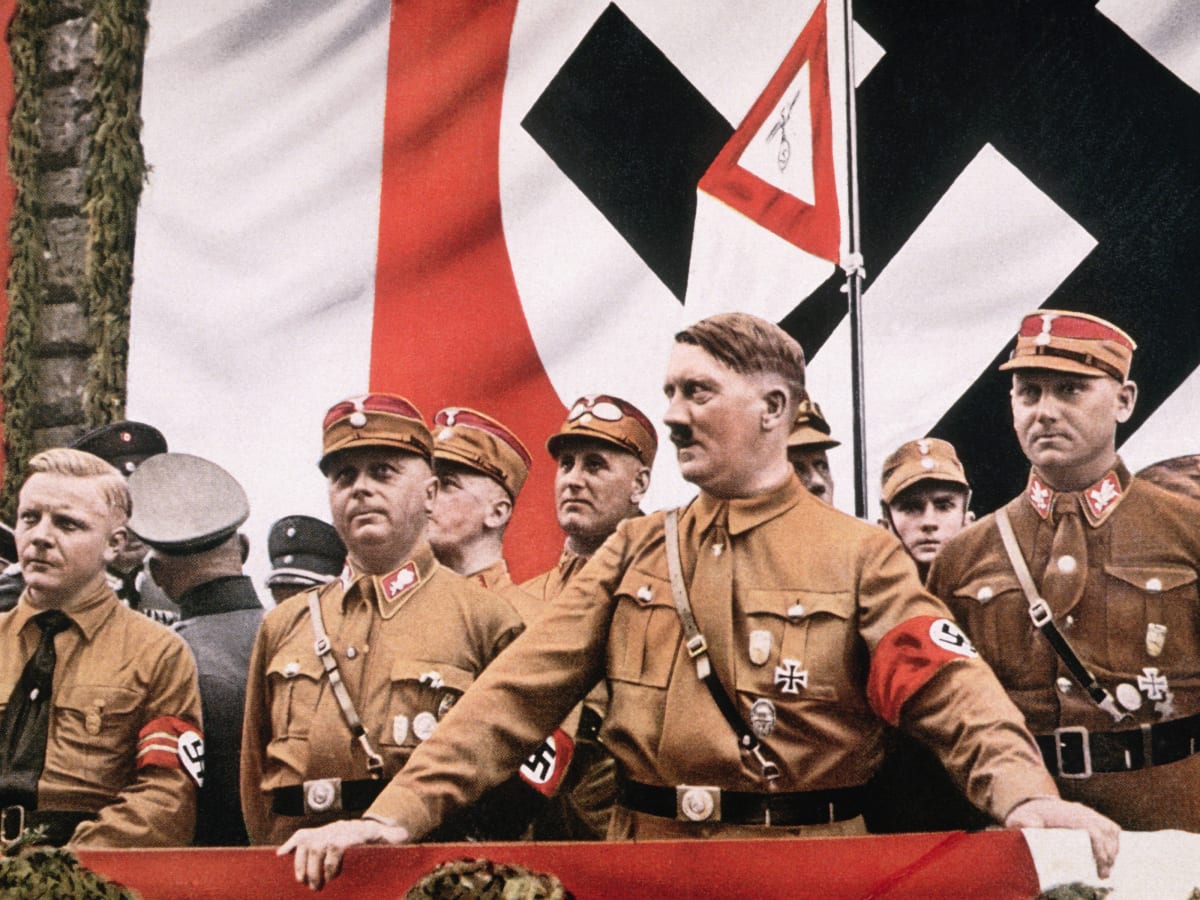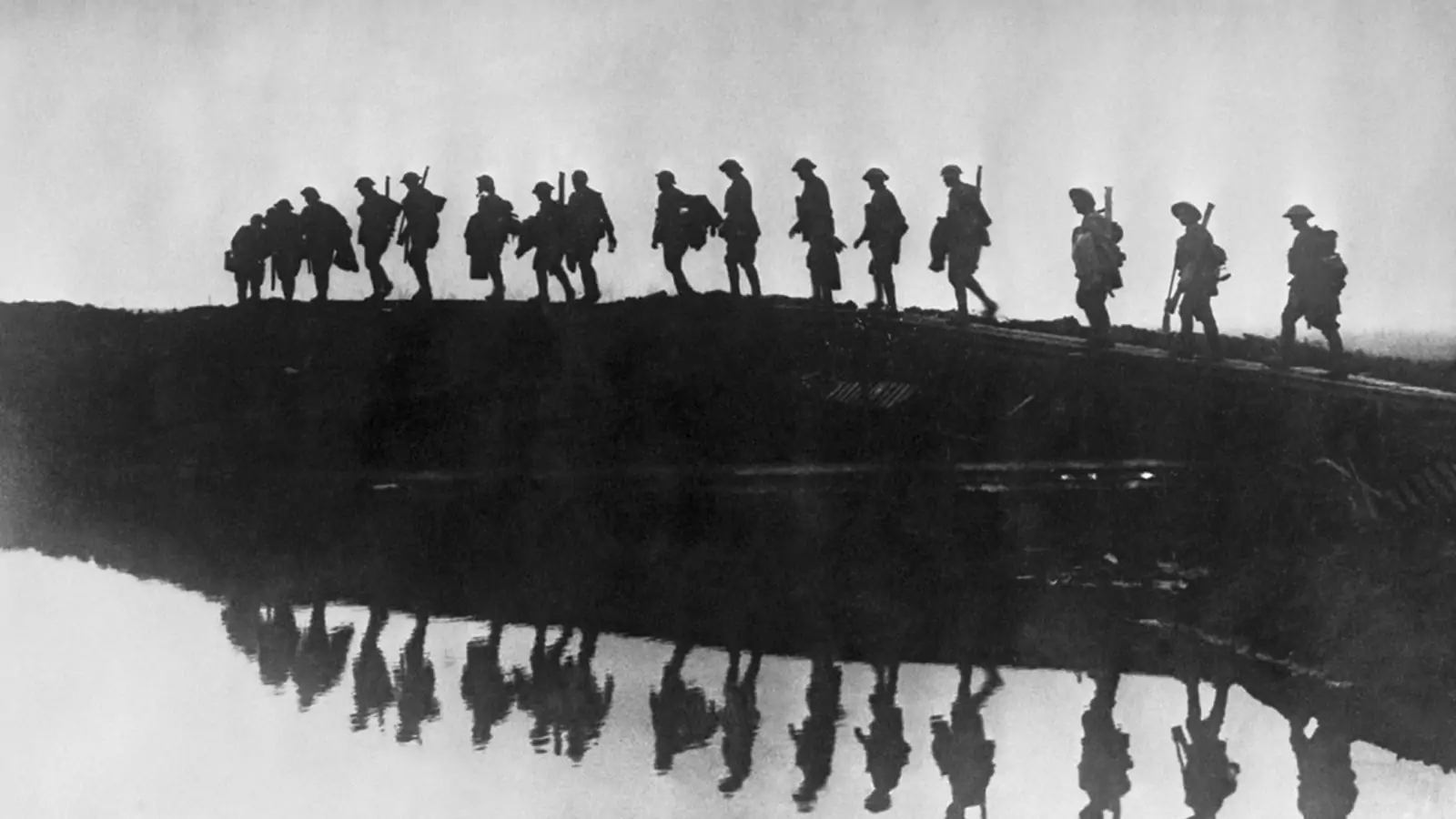By John Dedes,
A government has many authorities and most of the time works in favor of the people and for the greater good of the community. One authority that violates this order of doing things is war-making.
The state has the legitimacy to fund, support, and prepare an armed conflict against another country, as a way of “solving” issues or showing any type of dominance.
The question that this text tries to answer is why? Why can states not understand their counterparts and negotiate their way out of an armed conflict? Things are more complicated than that, however.
Case Study: WWI
For the investigation in the article, World War I will be analyzed. The impact of WWI starts with the devastating experience for all and many casualties have reshaped much of the world from the end of 1919.
It is also devastating in terms of the money, the resources, and the financial efforts of every country; even amongst the victors, the financial problems changed the whole political stage domestically.
Even political upheavals one sees in the maps of the middle east or issues in the Balkans at the beginning of the 2000s were mainly caused by the first war and have yet to be solved.
These events sparked the modern development of international relations and harder cases of international security but they also sparked the interest of historians and political scientists to understand the reason behind them.
The million-dollar question of the article is this: What was the real cause of WWI? And generally, What causes wars?
Part of the answer to the first question is that we wanted to prevent any other conflict; which ultimately failed.
So, when trying to think about the causes of the First World War, I got skeptical of whether it will ever be possible to create a theory concerning the general causation of wars.
My take on this: it’s not impossible, but it is difficult.

Causation of WWI
The first WWI cause is the distribution of power and the theory of neorealism; the state approach to international politics as a way of domestic empowerment since there is no central international authority; which is still the issue that causes the global governance gap.
The second general cause can be the aspect of alliances since this amplifies the conflict’s extent. For our case study, the fact that the problem and the lack of negotiation between two European countries turned into a global conflict in no time, contributed gravely to the severity of the war.
The third cause is bad decision-making and states being ignorant of negotiations after a crisis occurs. This is a great problem that can be seen in other historically “dark” events, which is the inability of imposing diplomatic means to find a solution and relying on armed attacks.
This isn’t always the case, of course, with the most prominent example being WWII, which was the complete opposite, and after years of negotiation between the European Democracies and Hitler’s Germany that failed, the war was inevitable.
See how Hitler’s NAZI Party gained power and managed to get the leadership of the country democratically with major help from the Great Depression in the United States, below.
How did the Great Depression in the US result in the German vote for Hitler?
Domestic unrest is the fourth cause and in general, when a country has domestic issues, the intervention in an external conflict will embrace the nationalist spirit and use power to strengthen its international agenda.
In accordance, the role of the individual is the last cause, and states which have legitimate use of violence domestically will pursue the same aggression internationally.
For example, in WWI the last emperor of Germany, Wilhelm II, used a variety of violent ways to organize the country domestically and it was natural that he would use an aggressive tactic in an international problem as well, even though Germany was not really at the forefront of the stakeholders.

Limitations of Generating a Model
The need of generating a theoretical model, which will describe the circumstances, a prediction of any possible conflict, a prescription of what measures should be taken, and the achievement of the normative goals to end any war, is urgent but the obstacles in achieving this model are numerous.
Firstly, there is a problem of oversimplification; a model that can be constructed by political theorists and historians but understood by all civilians is a difficult task and such a theory is at risk of false simplicity from the side of political science and irrelevant detail from the side of history.
The second obstacle derives from the nature of the social sciences, where laboratory research is absent and variables are always changing since they are based on human choices which aren’t always predictable. This is connected to the limitations of the third and the last war cause (section above), and theories such as Wolfgang Mommsen’s take into account drastically changing variables.
The third problem stems from the difficulty of finding the perfect balance between parsimony (“say a lot with a little”) and descriptive fit; according to Joseph Nye’s article Old Wars and Future Wars: Causation and Prevention (which has also been the backbone of the analysis), theories such as Ockham’s might reduce the unnecessary details but still won’t have achieved the absolute balance.
Nevertheless, the fourth obstacle is the major distinction that should be drawn between the theories of international politics and the ones that derive from domestic characteristics but also apply to the international stage.
This limitation is connected with the theory of neorealism and domestic unrest as a cause of WWI; according to Nye, Bueno de Mesquita’s theory takes into account the utility of a country’s action for its development at the level of the state but does not take into account any possible changes in the international state of affairs.
Additionally, theories such as Gilpin’s which are based on the reality of declining power focus only on the cause of war and as Nye states do not take into account the counterarguments of similar conditions in which war was prevented.
Lastly, theories cannot take into account the leaders’ pessimism or optimism and that is because, as it is quoted in Nye’s article, it is impossible to find a theory of misperception and accurate decision-making as a cause of war.
Is it possible?
It is possible. But it is a process that will take longer than we think and it will probably be a theory that does not encompass all possible outcomes.
This is in no way the problem of the historians or the analysts but it is the way of life. Things change. It is never the same story with the same people and the same choices.
The issue with the construction of a universal theory is that there is great difficulty in finding the balance.
A historian doesn’t want to be too broad, since this would be right but would not provide many solutions in the case of a repeat of events.
In the same way, the historian does not want to be specific since this is dangerous and it is impossible to understand and include all possible outcomes and details.
So my take on it, as mentioned before, is that it is not impossible since history repeats itself but it is difficult since things change drastically.
References
- Šmihula, Daniel (2013): The Use of Force in International Relations, p. 67
- Keeley, Lawrence H: War Before Civilisation: The Myth of the Peaceful Savage. p. 37, Review: War Before Civilisation”. Brneurosci.org. 4 September 2006. Archived from the original on 21 November 2010
- McFarlane, Alan: The Savage Wars of Peace: England, Japan and the Malthusian Trap, Blackwell 2003
- Steven Pinker. “Steven Pinker — Books — The Blank Slate”. Pinker.wjh.harvard.edu. Archived from the original on 10 May 2011.




